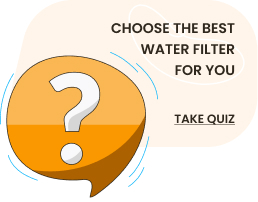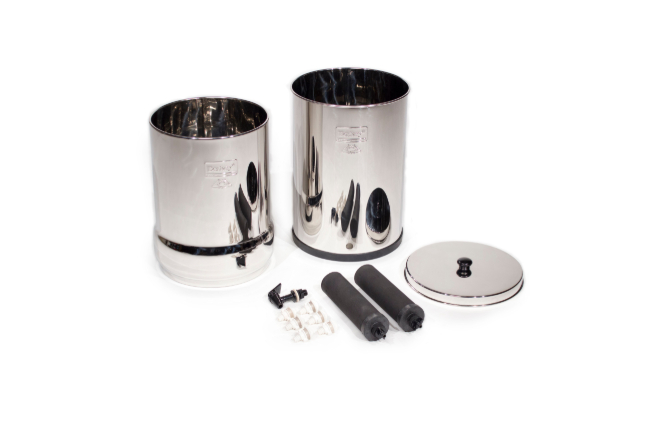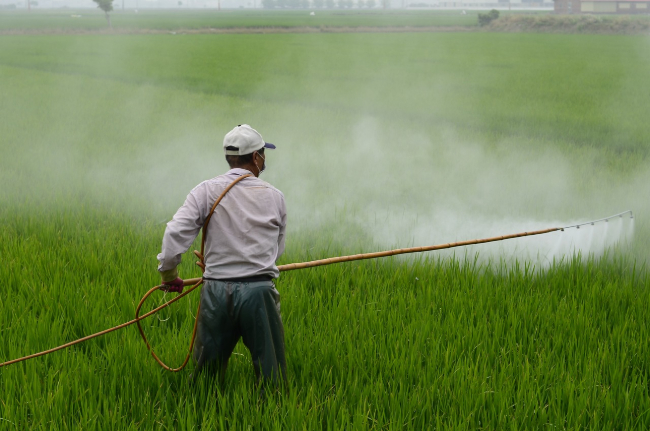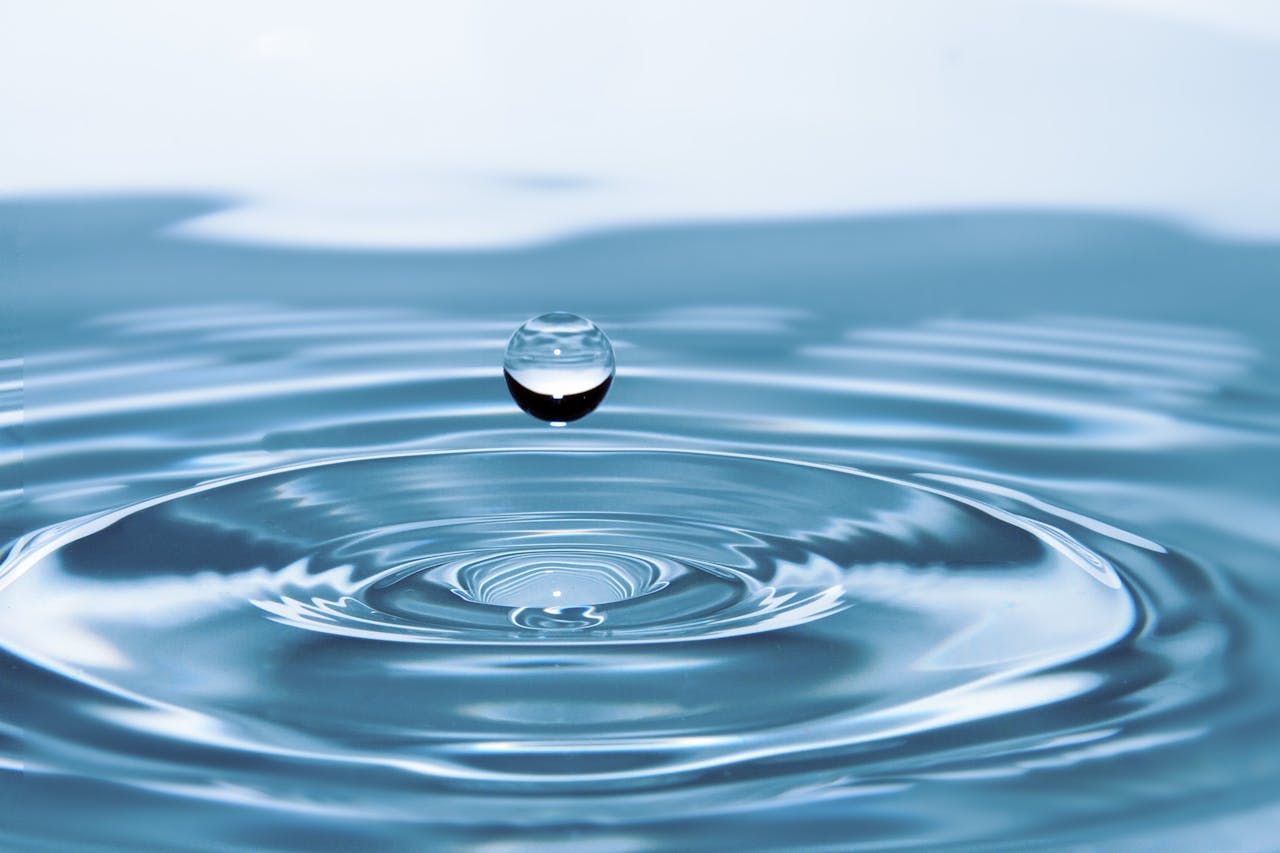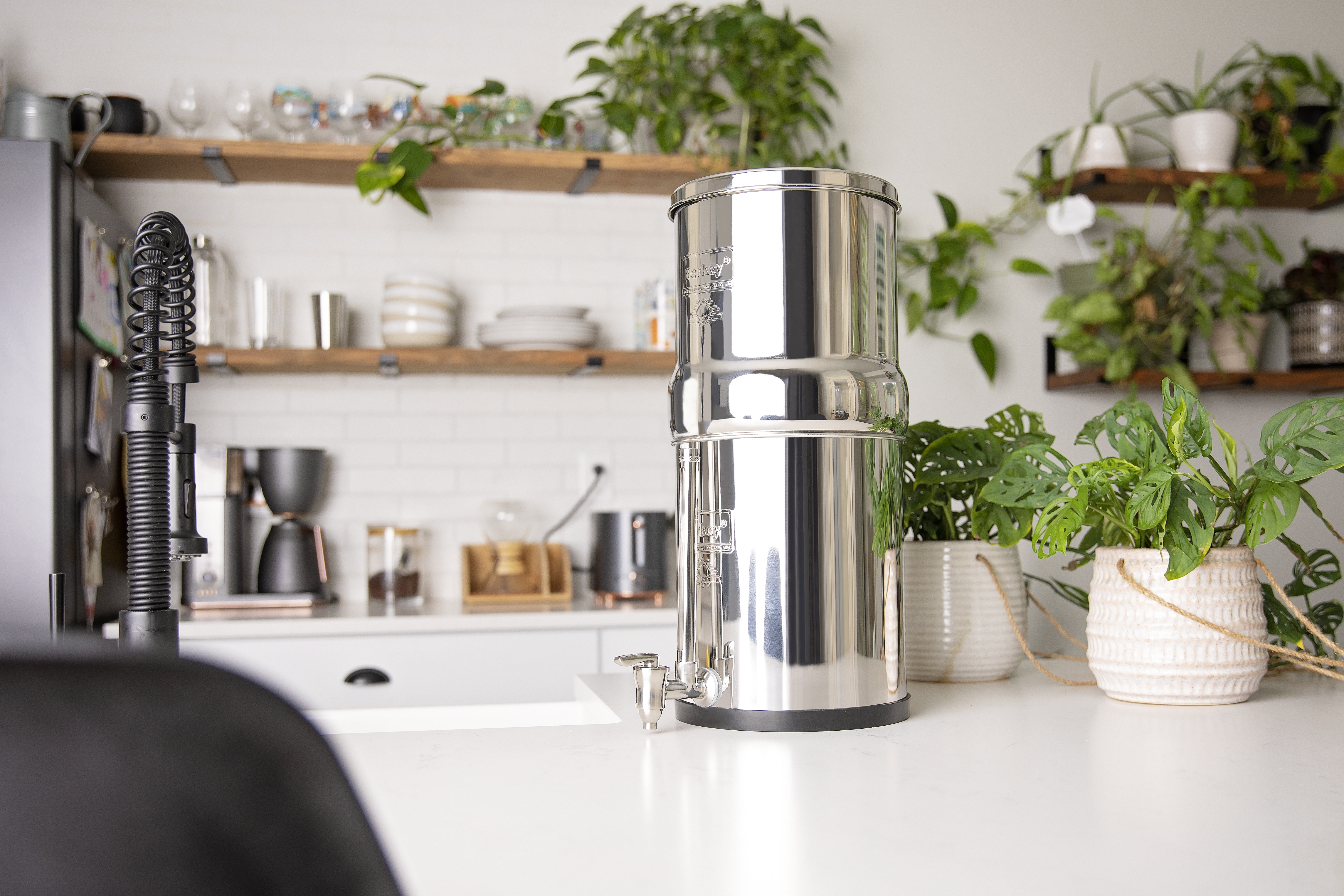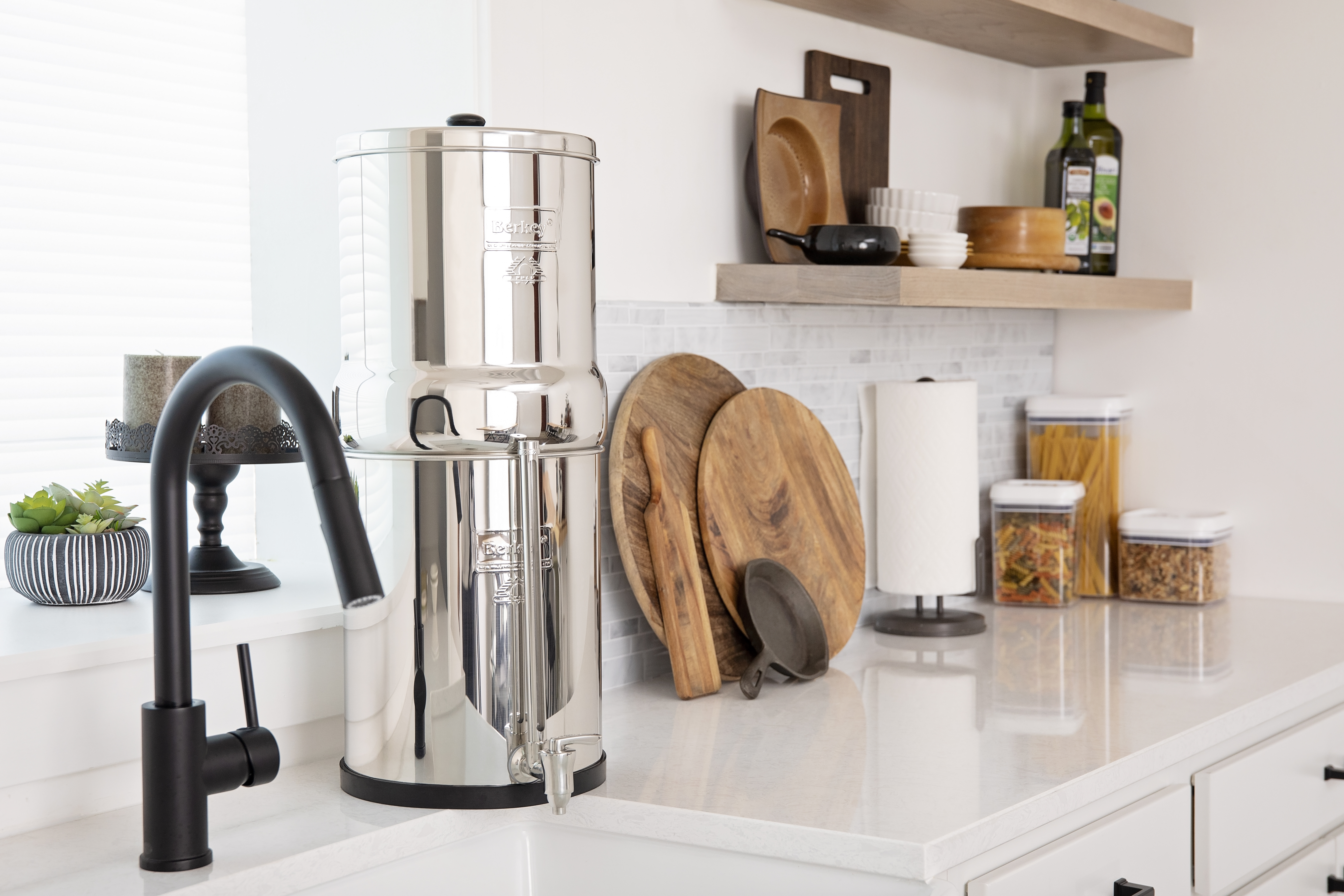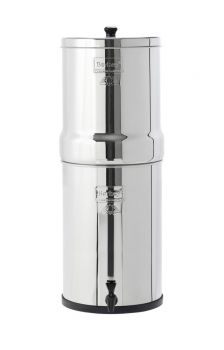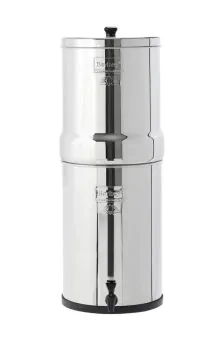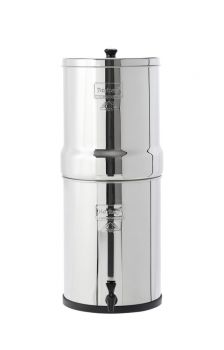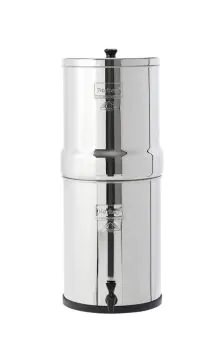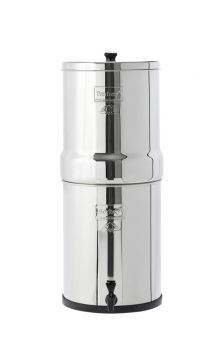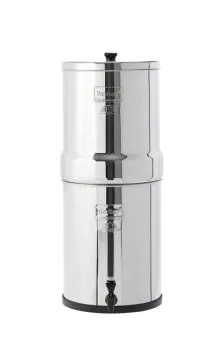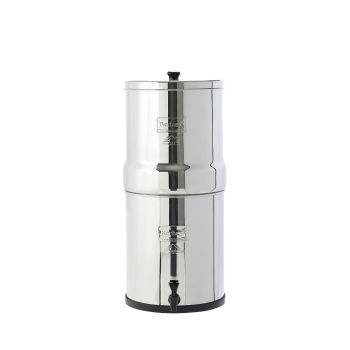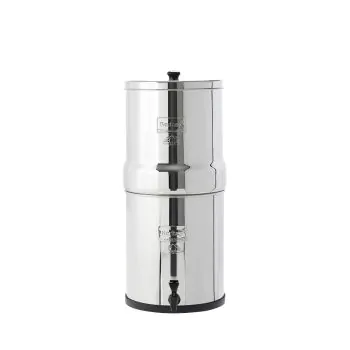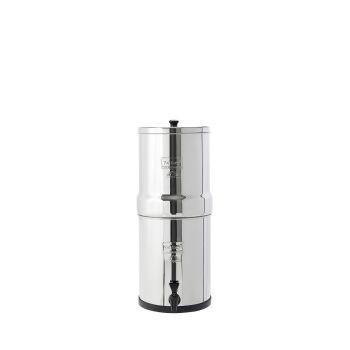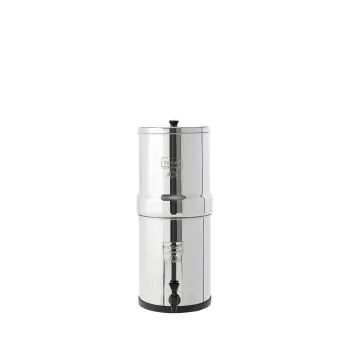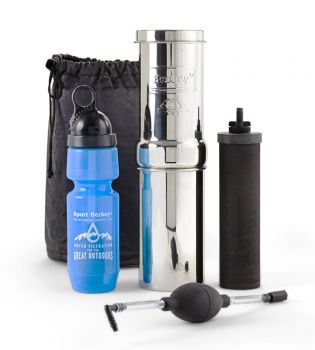Boil Water Advisories are often issued during emergencies and natural disasters, or when drinking water is believed to be potentially contaminated and unsafe to drink. But does boiling tap water purify it, and is boiled water safe to drink? We answer some common questions and address some misconceptions with regard to boiling tap water to drink below.
Does Boiling Water Make it Safe to Drink?
Boiling water is an effective way of rendering untreated water safer to drink. Bringing water to a rolling boil kills pathogenic microorganisms such as bacteria, viruses, and parasites that are responsible for waterborne diseases. Boiling water is therefore useful in situations where a water source has been contaminated with pathogenic microorganisms.
However, boiling water has its limitations. It does not remove a wide range of contaminants commonly found in water, including harmful chemicals, heavy metals such as lead, and other inorganic compounds. In fact, boiling water can actually make these contaminants even more concentrated as some of the water is lost as steam.
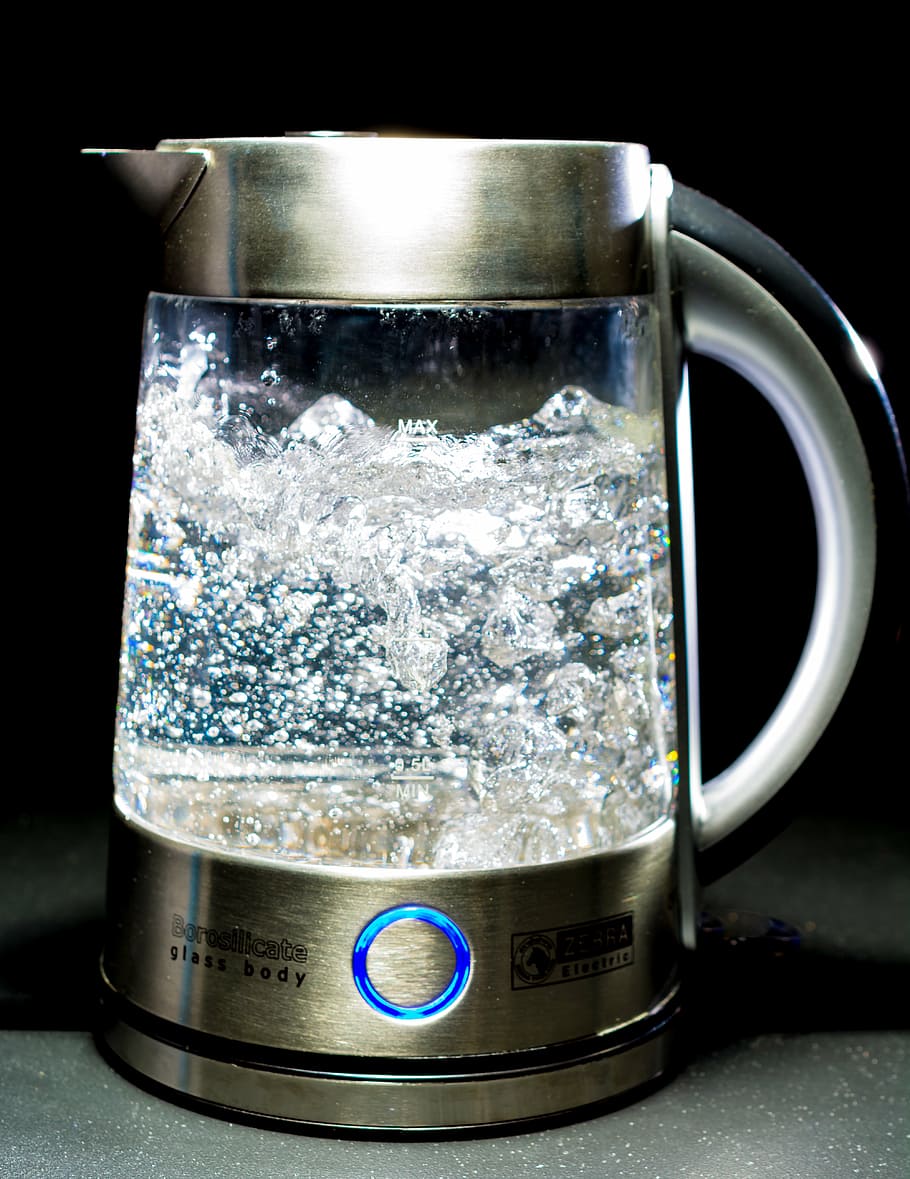
How Long Do You Boil Water to Purify it?
How long to boil water to purify it depends on where you are located. Water typically starts to boil at about 212°F (100°C). This is known as the boiling point. As boiling temperatures change with altitude, if you are located at a high altitude you would need to boil it for longer than if you were living at the coast. It is recommended that when boiling tap water to make it safe for drinking you should bring water to a rolling boil and let it boil for at least one minute (longer at higher altitudes) to ensure all microorganisms present are killed.
Does Boiling Water Remove Chemicals?
Boiling water does not remove toxic chemicals such as heavy metals, pesticides, or industrial chemicals such as PFAS. As mentioned before, there is potential for these contaminants to become even more concentrated the longer the water is left to boil, as water evaporates in the form of steam leaving the contaminants behind. Boiling is only really effective at eradicating harmful microorganisms and not inorganic substances.
If you are concerned that your water may be contaminated with harmful chemical substances, you can employ a combination of purification methods such as boiling the water and then running it through a suitable filtration system. The best option would be to filter the water using a high-quality water purification system, such as a Berkey water filter system, that is capable of removing a wide range of common drinking water contaminants.
Does Boiling Water Remove Minerals?
Naturally occurring minerals such as calcium, magnesium, and potassium are beneficial to human health and play an important role in determining the overall taste of water. While these minerals are beneficial to human health, in excess they can make water hard, leading to pipes and appliances becoming scaled up. As with chemicals above, boiling will not remove minerals from water, and can actually increase the concentration of any minerals present as water evaporates as steam.
If you are wanting to remove minerals from water, boiling will not be sufficient. You will need to use a water softener or a reverse osmosis water filtration system. But if the minerals are not causing scaling issues they are best left in water due to the health benefits they offer.
Does Boiling Water Clarify Dirty Water?
Boiling water will not remove any suspended particles or sediments that make water turbid. If the water is cloudy or discolored, or particles are visible it’s advisable to filter the water before boiling to remove these sediments, or to use a robust water filter that is capable of filtering out particles that contribute to turbidity as well as the harmful microbes, ensuring the water is safe to drink.
What are the Alternatives to Boiling Tap Water for Drinking
If you don’t have access to safe drinking water, boiling water can be an effective method of killing pathogenic microbes that could potentially make you sick, thereby making the water safer to drink. However, boiling tap water to drink requires access to a heat source, which may not be readily available in an emergency situation.
Another option would be to disinfect the water with chlorine tablets or household bleach, or use bottled water. However, these methods will only kill microbes; they will not remove chemicals, heavy metals, or other harmful contaminants.
If you wish to protect yourself from a more comprehensive list of contaminants, a more advanced water purification system, such as a Berkey water filter which is capable of removing over 200 common drinking water contaminants, would be a much better option. A gravity-fed filter, such as the Berkey, requires no power to operate and offers an alternative solution for removing a wide range of unwanted contaminants from drinking water.
Berkey Water Filters
In summary, while boiling water is a valuable method for quickly disinfecting water and making it safer to drink by killing many microorganisms, it's important to be aware of its limitations in terms of removing chemical and non-microbial contaminants.
FAQ
Is boiling water enough to purify water?
No. Boiling water will only kill harmful microorganisms. It will not remove other harmful contaminants such as pesticides and lead that may be present in tap water.
Does boiling water make it drinkable?
This depends largely on the quality of water being treated. If the water source is of reasonable quality, boiling water will kill bacteria, viruses, and parasites that could make you sick, which would make it much safer to drink compared to not boiling it.
How long do you need to boil water to purify it?
At least one minute; longer at higher altitudes.
How clean is water after boiling?
Again, this depends on the quality of the source water. Boiling water will not clean water or remove silt or sediment that makes water cloudy. It will only kill pathogens.
Is boiling water as good as filtered water?
No. Filtering water with a high-quality water purifier such as the Berkey filtration system will remove a wide range of contaminants, including heavy metals, pesticides, and other toxic industrial chemicals, whereas boiling water will only kill microbes, leaving you exposed to other harmful contaminants that may compromise your health.
